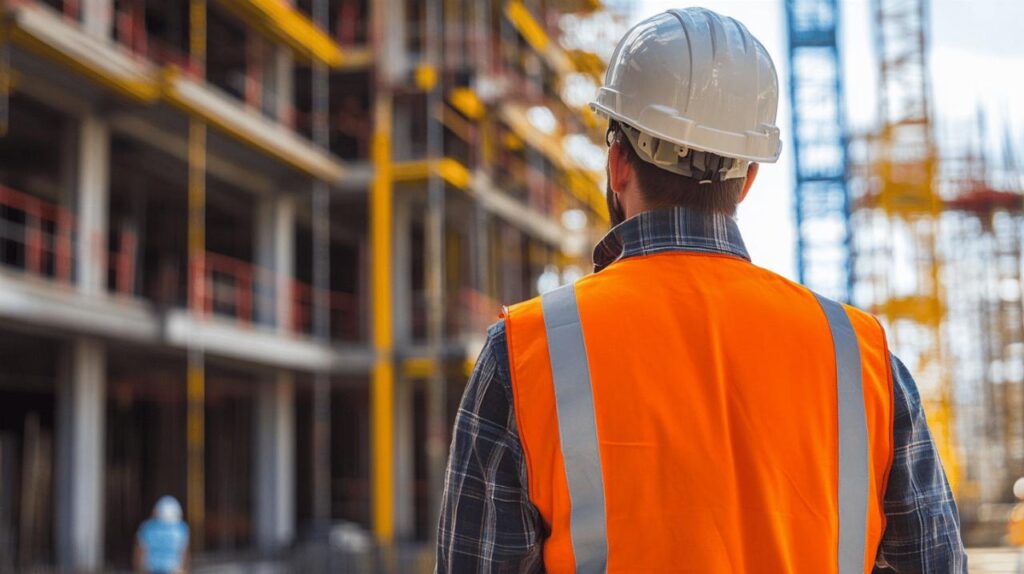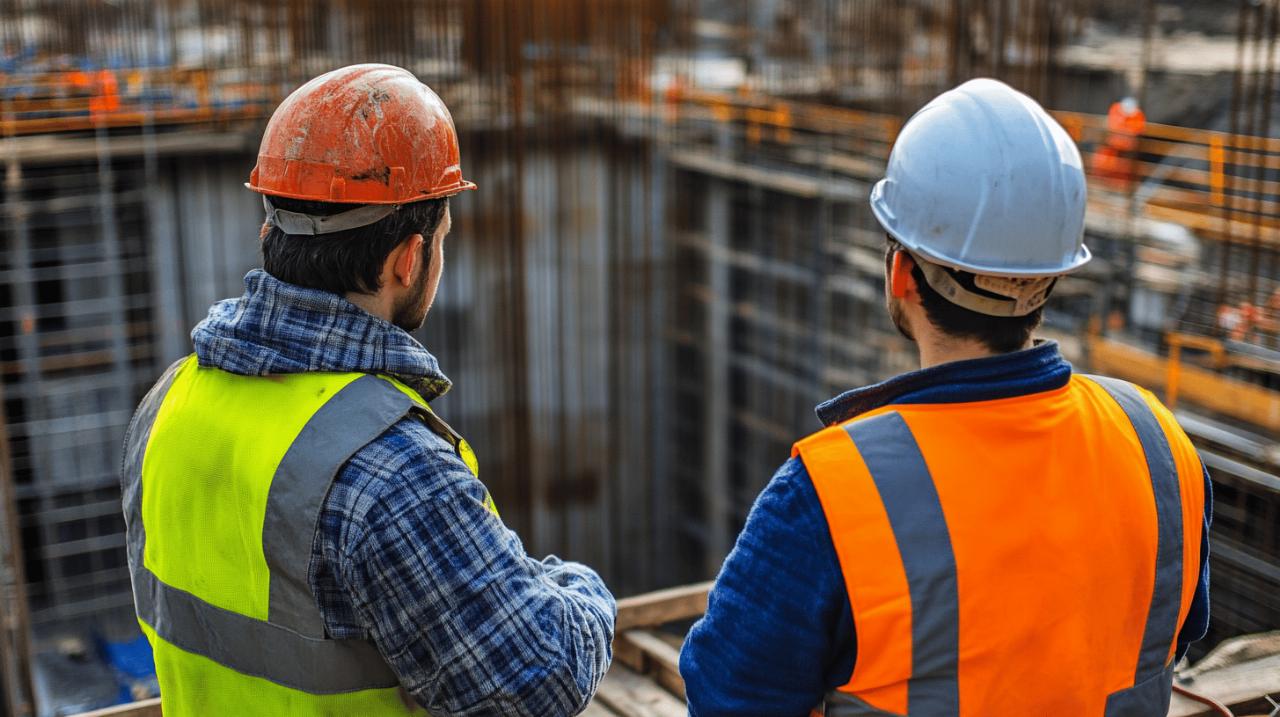Top training courses for aspiring construction professionals

Embarking on a career in construction opens doors to countless opportunities for professional growth and development. Whether you’re just starting out or looking to enhance your existing skills, finding the right training programme is crucial. The construction industry demands a blend of practical expertise and theoretical knowledge, making proper education an essential foundation for success.
Foundational construction skills programmes
The journey into construction begins with mastering fundamental skills that form the backbone of the industry. Training institutions like Scuola Edile Rimini offer comprehensive programmes designed to equip aspiring professionals with these essential competencies. These programmes typically combine classroom learning with hands-on experience, ensuring graduates are job-ready upon completion. The National Construction College (NCC) stands out as a premier institution providing these foundational courses, with testimonials like Kate McLeod from Calmax Construction Limited highlighting the quality of education received.
Bricklaying and masonry fundamentals
Bricklaying remains one of the most sought-after skills in construction, serving as an entry point for many professionals. Quality training programmes cover everything from mortar mixing techniques to interpreting architectural drawings. Students learn proper brick laying patterns, how to construct corners and junctions, and the importance of maintaining structural integrity. Modern courses also incorporate sustainable construction practices, reflecting the industry’s move towards environmentally responsible building methods. These programmes typically culminate in recognised certifications that significantly enhance employment prospects.
Carpentry and joinery basics
Carpentry training focuses on working with timber and wood products to create structural elements and finishes. Comprehensive courses cover the selection of appropriate materials, measuring and cutting techniques, and assembly methods. Students develop proficiency with hand and power tools while learning to create everything from basic frameworks to intricate joinery. The best programmes emphasise both traditional woodworking methods and contemporary approaches using modern materials and technology. Practical projects form a significant component, allowing trainees to build confidence through real-world applications of their developing skills.
Specialised technical construction certifications
 As the construction industry evolves, specialised technical knowledge becomes increasingly valuable. Advanced certifications not only enhance career prospects but also ensure compliance with building regulations and industry standards. Organisations like the Chartered Institute of Building (CIOB) offer various professional development opportunities, from free courses on construction ethics to comprehensive programmes on construction management essentials. These specialised certifications often command higher salaries and open doors to supervisory and management positions within the industry.
As the construction industry evolves, specialised technical knowledge becomes increasingly valuable. Advanced certifications not only enhance career prospects but also ensure compliance with building regulations and industry standards. Organisations like the Chartered Institute of Building (CIOB) offer various professional development opportunities, from free courses on construction ethics to comprehensive programmes on construction management essentials. These specialised certifications often command higher salaries and open doors to supervisory and management positions within the industry.
Electrical installation qualifications
Electrical installation training prepares professionals to safely and effectively work with electrical systems in residential, commercial, and industrial settings. Quality programmes cover electrical theory, wiring standards, circuit design, and troubleshooting techniques. Safety forms a central component, with extensive coverage of regulations and best practices to prevent accidents and ensure installations meet code requirements. Courses typically progress from basic concepts to complex systems, with hands-on training in controlled environments. Upon completion, graduates can pursue various certification levels, with continuing education options to stay current with evolving technologies and regulations in this highly specialised field.
Plumbing and heating systems training
Plumbing and heating systems training encompasses a broad range of skills essential for installing, maintaining, and repairing water supply and heating infrastructure. Comprehensive courses cover pipe fitting, appliance installation, system design, and fault diagnosis. Students learn about different materials and their applications, from traditional copper piping to modern plastic alternatives. Quality programmes also address energy efficiency considerations and renewable heating technologies, reflecting the industry’s shift towards sustainable solutions. Practical assessments ensure graduates can confidently tackle real-world plumbing challenges, while theoretical components cover the calculations and principles that underpin effective system design.





























